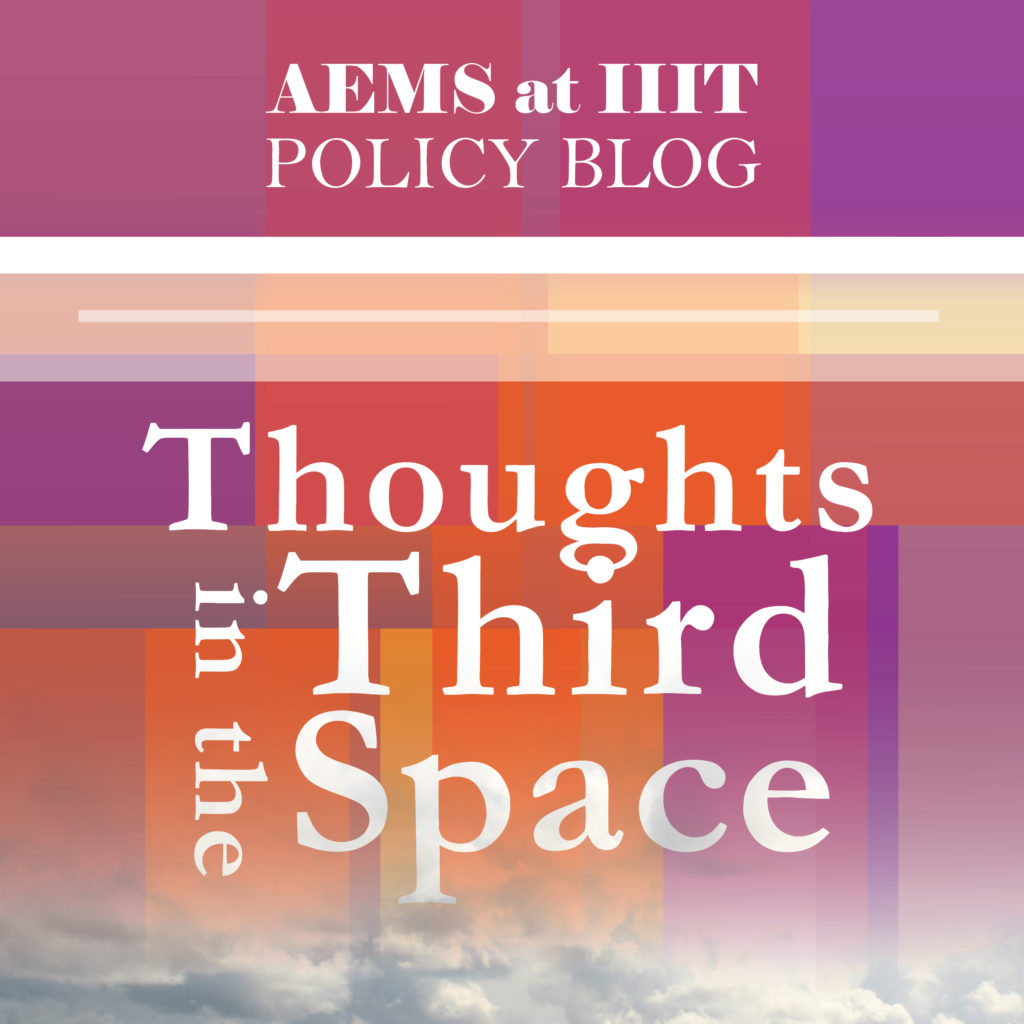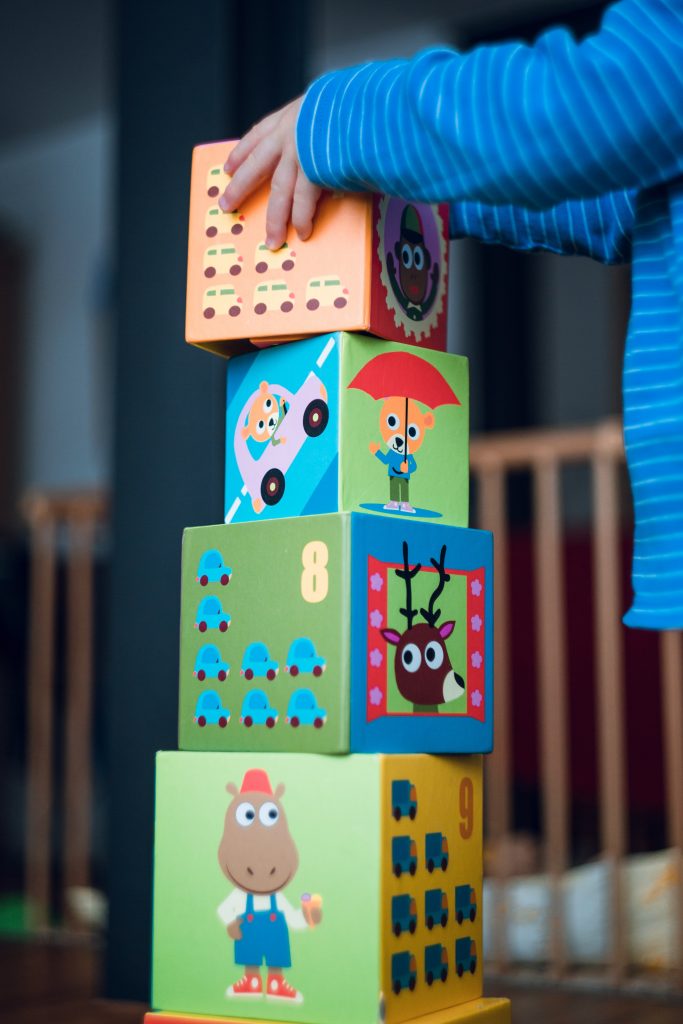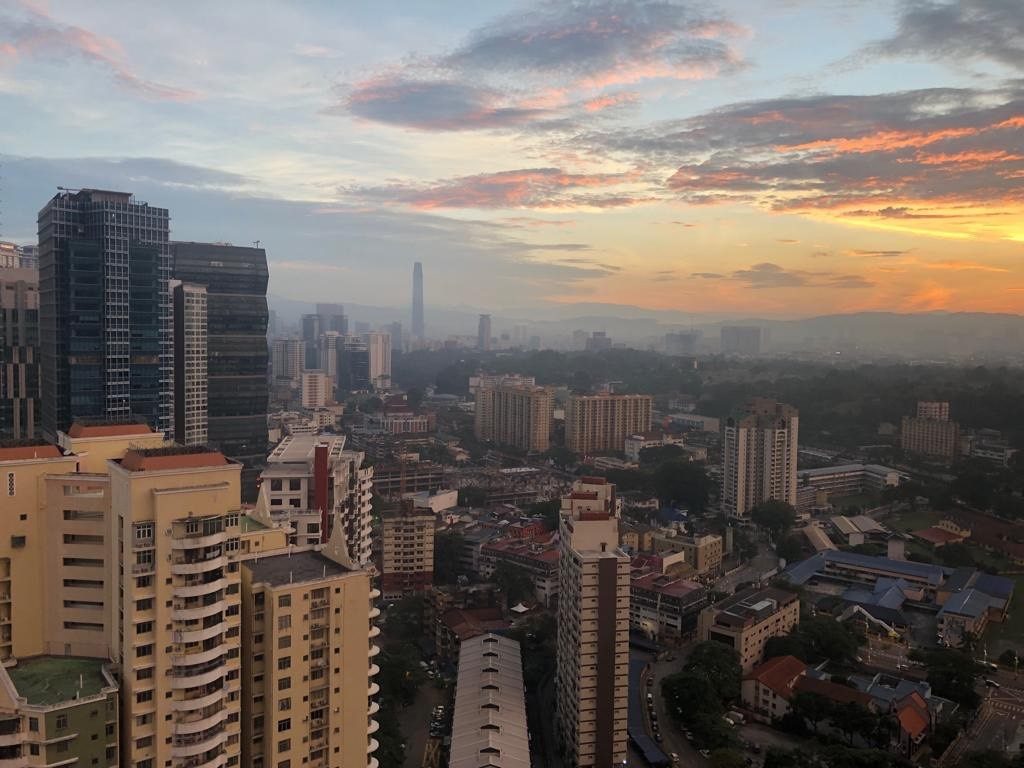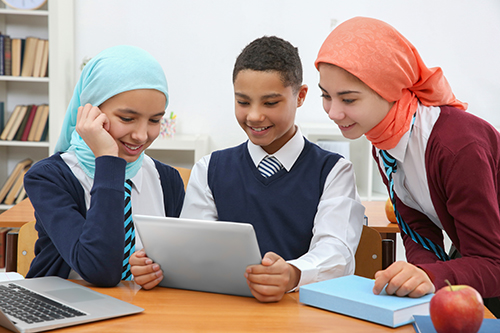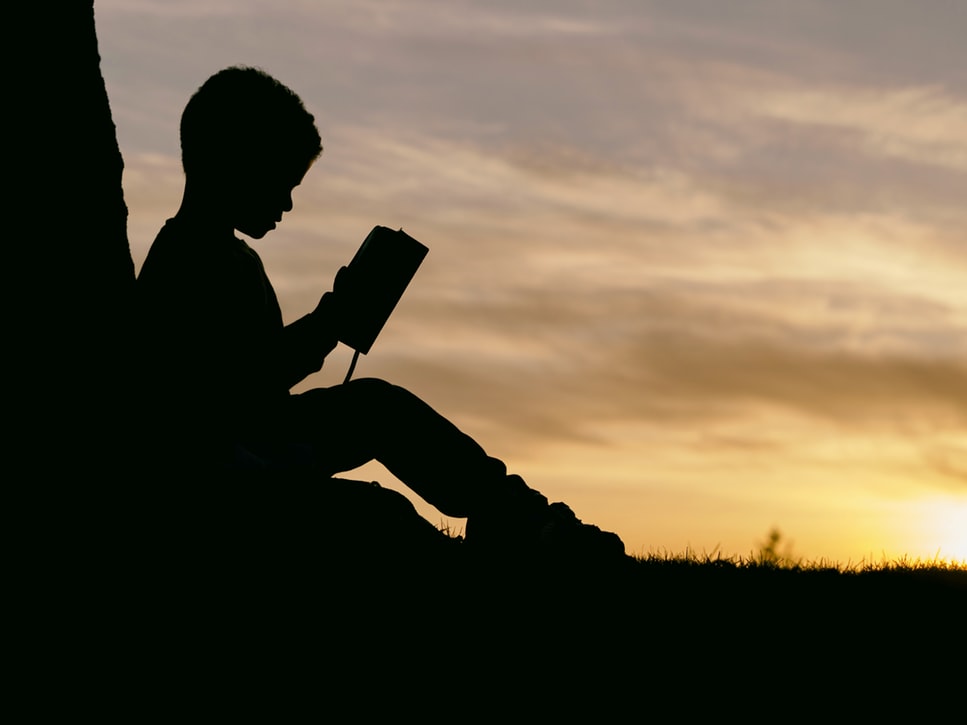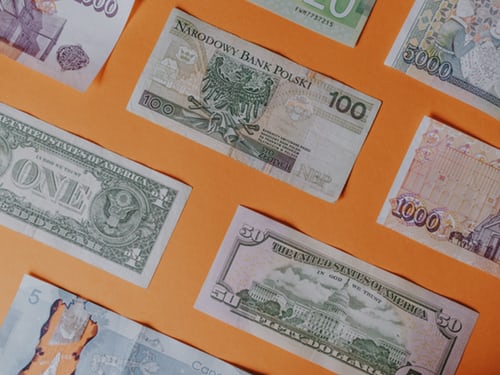Thoughts in the Third Space is the official blog space of IIIT, the International Institute of Islamic Thought. The purpose of this page is to share experts and stakeholders’ views on education policy reform, pressing issues, and best solutions they propose. These contributors may include policy advisers, governmental officials, academics, teachers, and parents.
We are seeking 500-900 word blog entries which can be written as op-ed style by scholars, practitioners, and or students who reflect on the impact of their own work or others in education. Of particular interest are entries discussing how education policies may lead and empower for transformation. Specialists in other areas outside of education policy are also welcome to submit pieces such as on pedagogy, curriculum, governance and leadership, as well as assessment and evaluation among others.
If you’re interested in submitting an entry, please email aemsresearch@iiit.org with a Word version of your blog post as well as a brief bio with your name, organizational affiliation, and areas of interest within holistic education reform. If you are part of an organization but your writing is representing your own views, please specify that as well. Please click here for an example.

